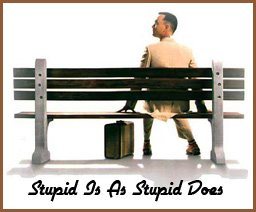The conventional school is a dictatorship. Students enter their classrooms, sit in their assigned seats, obey the teacher, memorize a bunch of facts, and take exams testing their knowledge of those facts. This model of schooling has been used for centuries now. This model produces children who are capable of following and obeying rules; however, the children do not develop sufficient creativity and problem-solving skills to make the world a better place. True democracy can only exist when the people are active, collaborative, confident, and creative citizens. The conventional model does not offer that; however, Escuela Nueva may provide a better schooling model.
The Escuela Nueva (New School) model, first adopted in rural Colombia, employs a different approach to education. Students actively shape their own curriculum, work on their own projects, gain hands-on experience, and participate in class-wide discussions. In Escuela Nueva, students are no longer passive learners. They become active learners applying the concepts they learn in the real world. In his NY Times article Make School a Democracy, David Kirp argues that the Escuela Nueva model of schooling can help foster democracy in a country. This is because kids are taught to become active and participating students. These attributes are necessary for the success of democracy. Studies have shown that students who go through the Escuela Nueva model are more likely to be active members of their communities.
In Nicomachean Ethics, Aristotle argues that experience is extremely important in the education process. Escuela Nueva takes that into account. Students do not just learn abstract concepts; they apply them in their everyday lives. Students learn to write short stories, grow and garden plants, run their own experiments to explore their early scientific enquiries. This way school appears to be more relevant rather than a tedious and forced process. The conventional model for schooling is ancient; it is time for a drastic reform that adopts the Escuela Nueva style.
Here is the link to the article.

